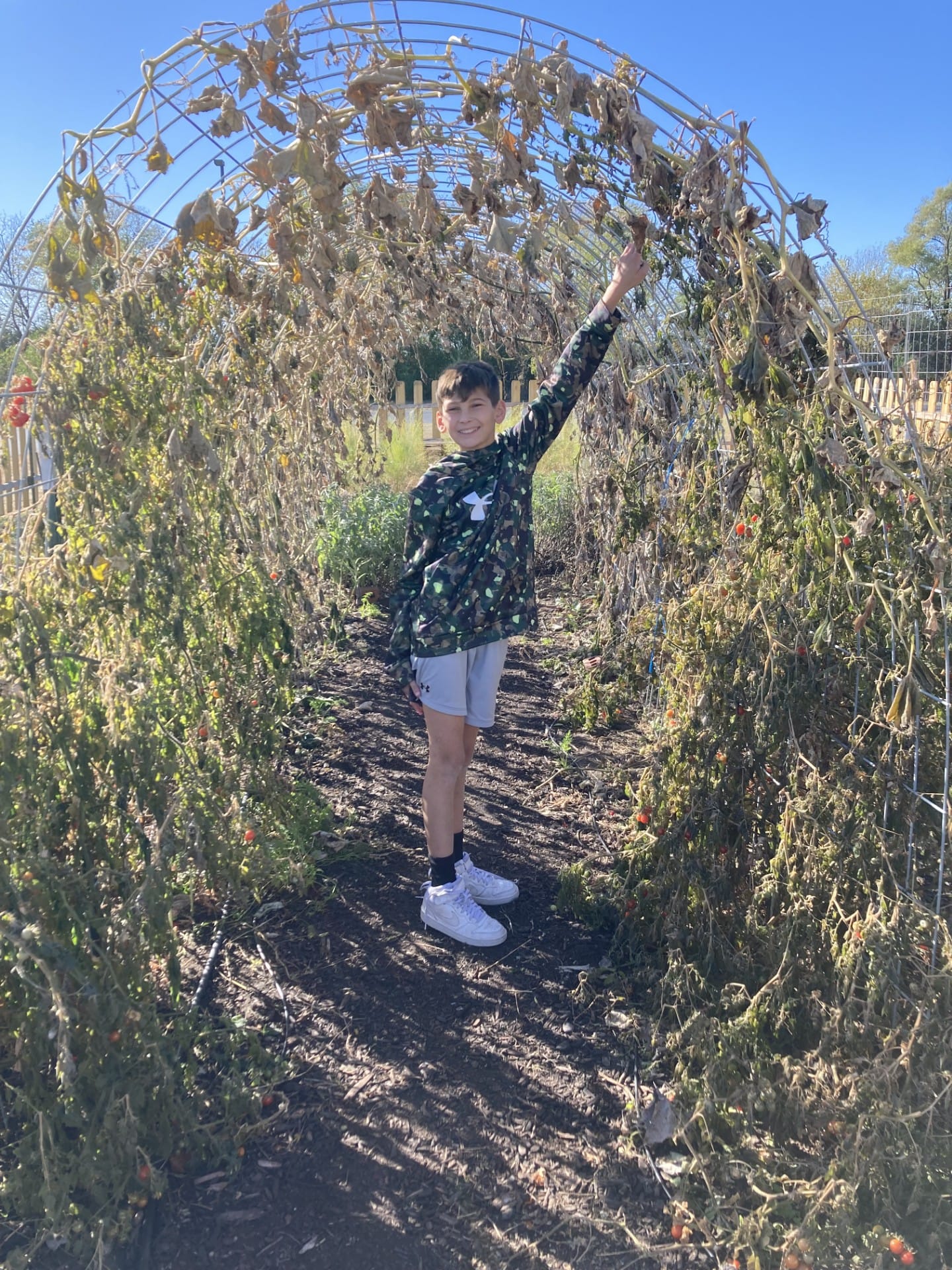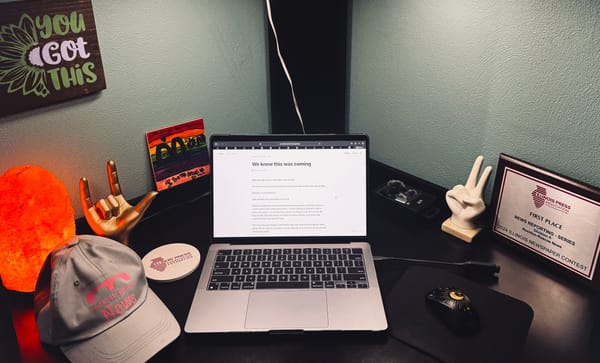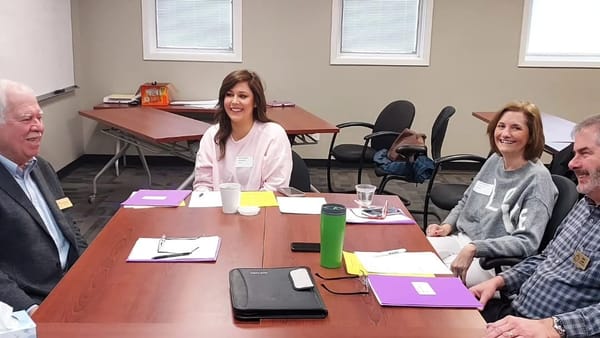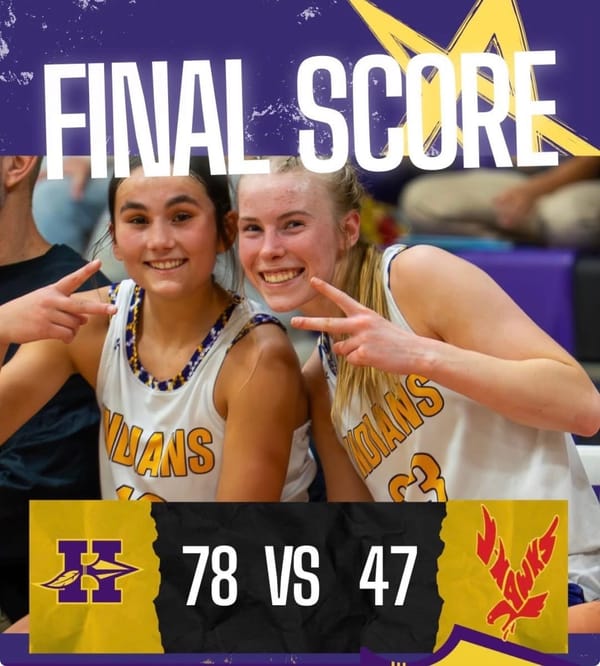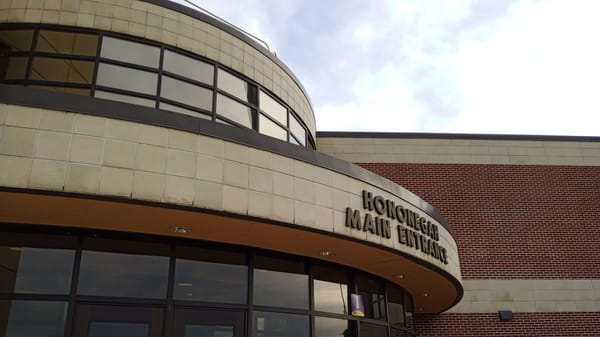Learning to live off the land at Willowbrook Middle School
More than thirty 6th graders help care for the gardens and animals.
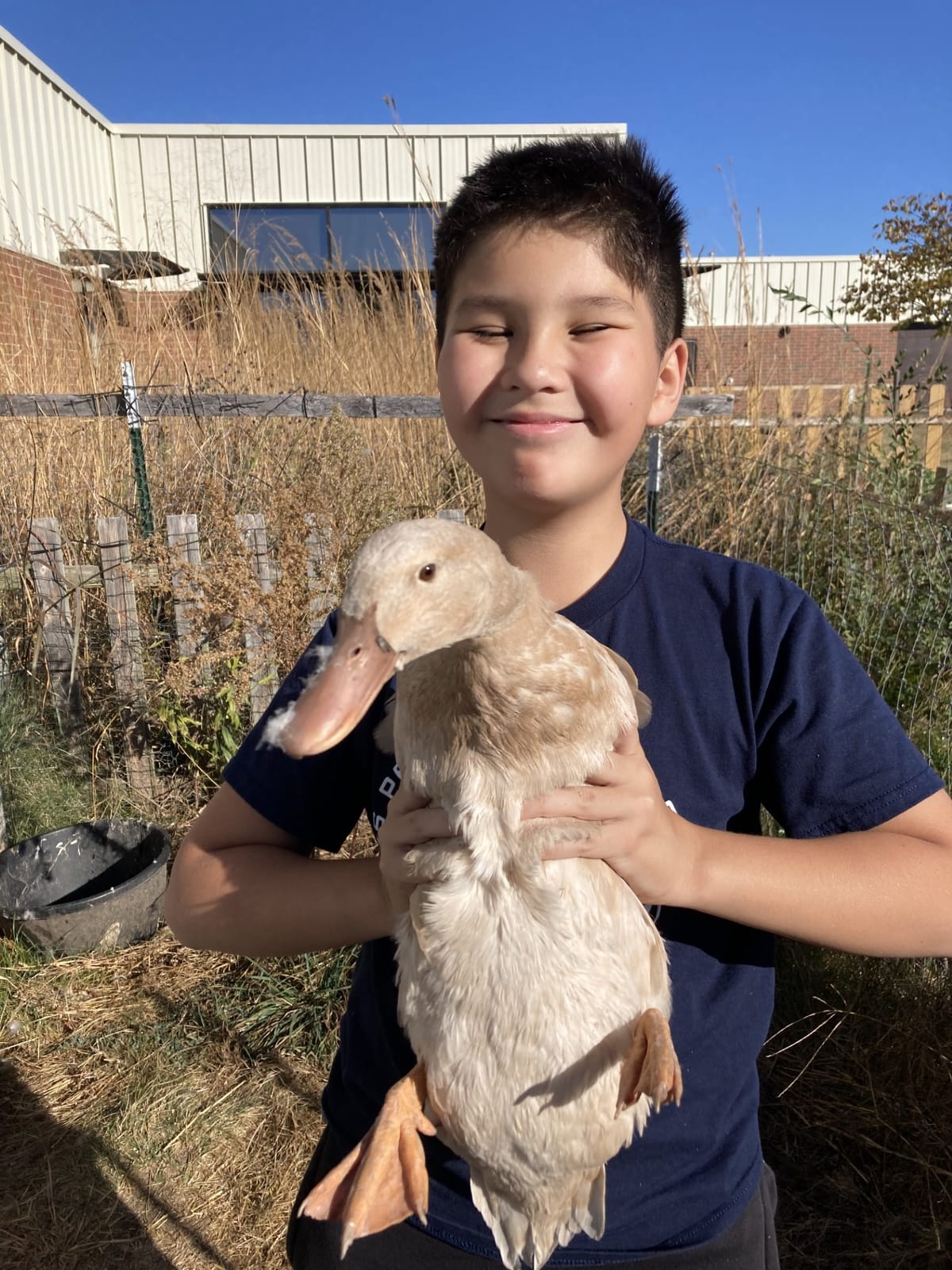
Behind the Willowbrook Middle School at 6605 Prairie Hill Road in South Beloit, is a unique classroom: a Schoolstead. It’s an outdoor, fully functioning garden and animal-care facility, weaving science, permaculture, and environmental education together.
The program is attended by 30 to 35 sixth-grade students and three adult volunteers. The program is open to all Willowbrook students grades 5-8.
The Permaculture Program teaches students how to develop sustainable and productive land use, design strategies for growing food, enriching soils, and using waste.
The program weaves permaculture and environmental education together. The classroom is not part of the school’s curriculum, rather it is an after-school club that meets twice a month, 2:30-3:30 pm.
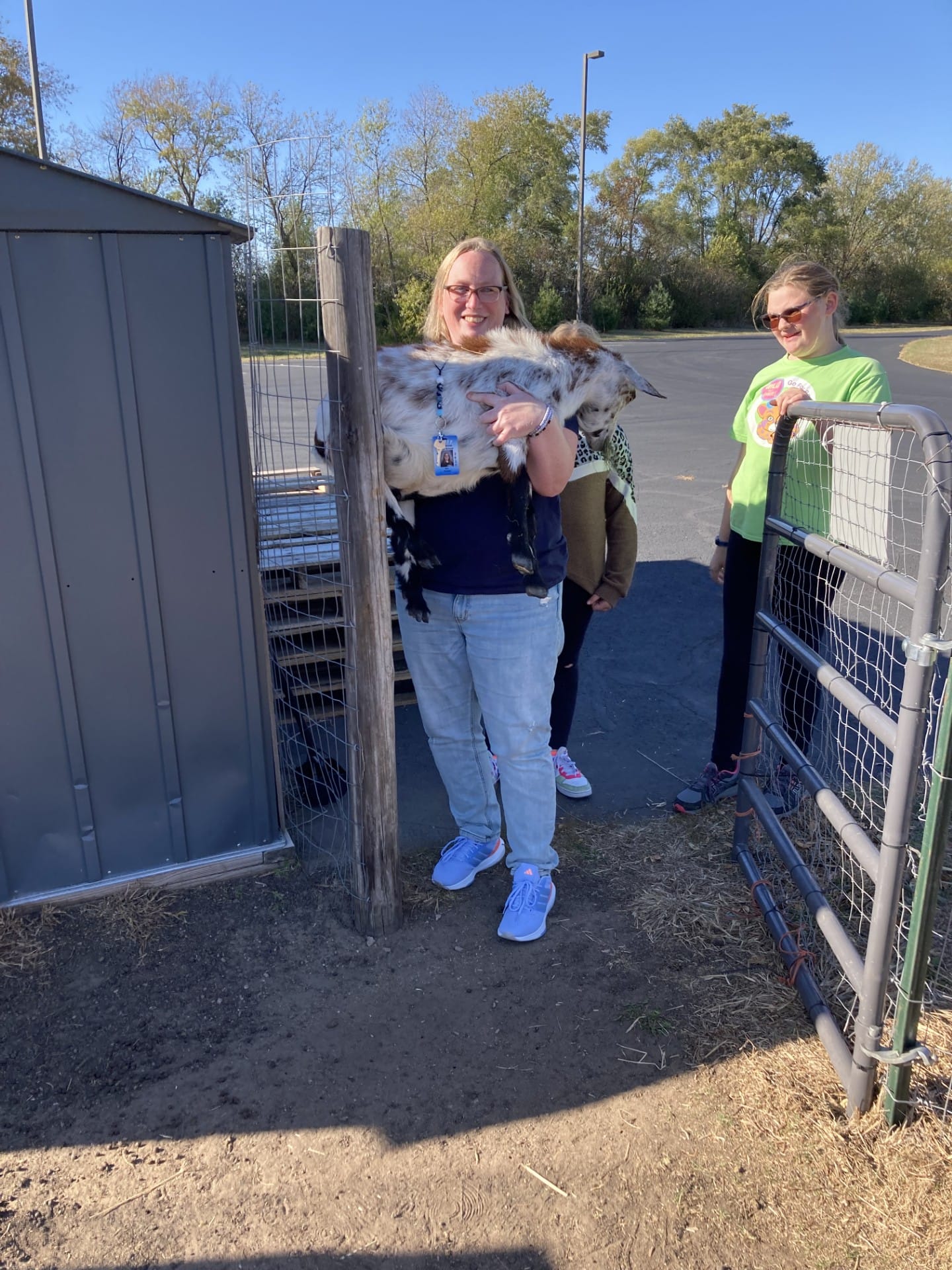
The club was started by Tara Duncan, the school nurse. “Someone gave me a couple of ducklings, and asked if the kids could raise them. We now have nine baby chicks, five goats and five ducks. All of the ducks are girls.”
“We make use of everything we have. The bedding in the duck enclosure is used as fertilizer and added to compost,” Duncan said.
She said it always surprises her that the students enjoy the work so much. “They aren’t afraid to get their hands dirty working with the animals, cleaning out the pens and digging in the garden.”
The Permaculture Club was created when Mr. Doug Elfstrom's Garden Club and the Pet Patrol program run by Ms. Duncan were combined.
Duncan said, “The Pet Patrol group does the daily animal chores and patrols the fences.”
Volunteer Allison Keller, owner of a farm near the school, directs and helps with the animal chores. Doug Ehlstrum, the school’s Special Education teacher, oversees the vegetable garden.
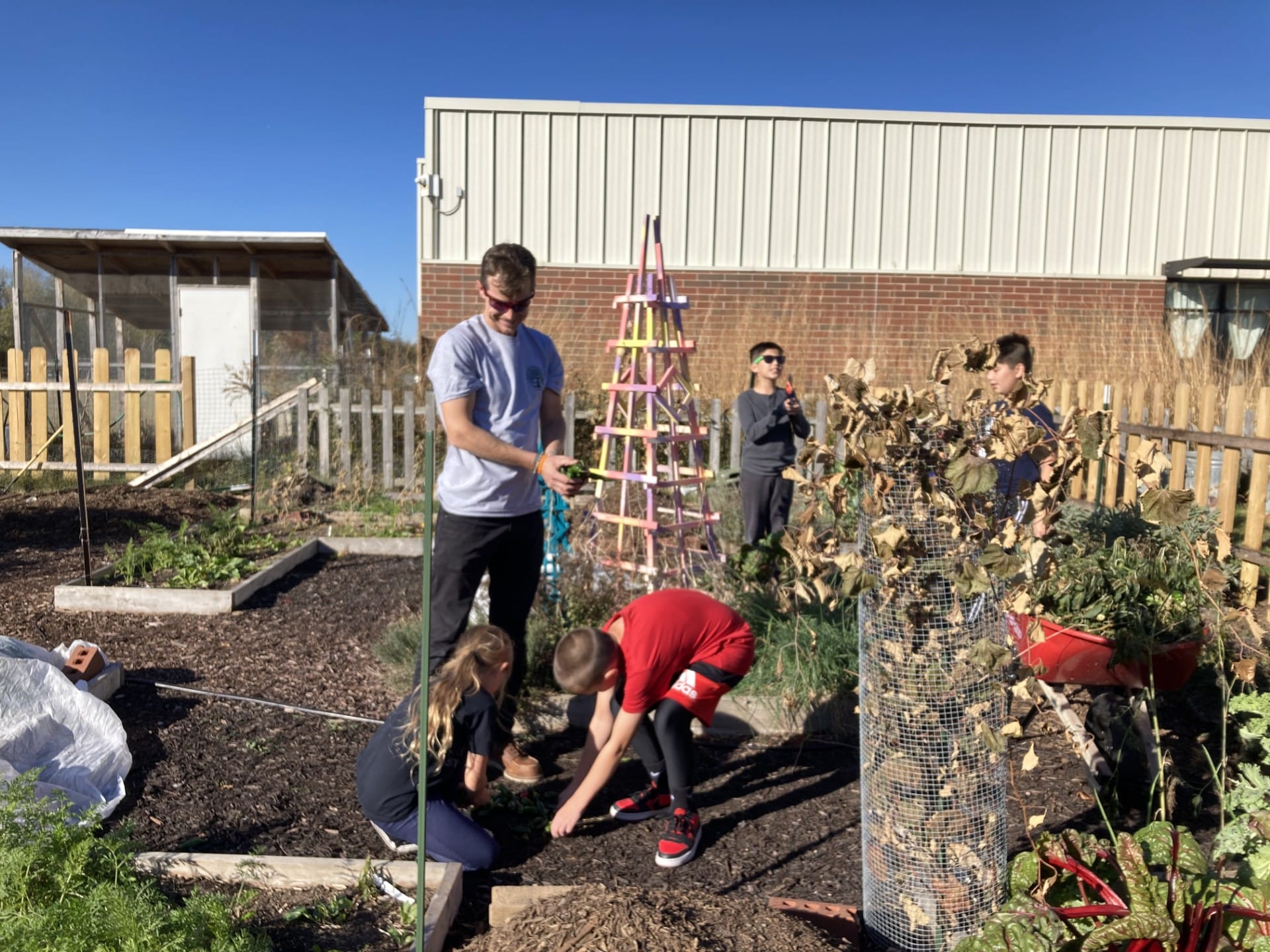
The kids build the chicken houses and duck coops and the wire frames for the vegetables. Tomatoes, beans, squash, carrots are among the vegetables grown in the garden. The students help harvest the crops and collect seeds. The seeds are planted in the spring.
“The strawberries and asparagus were amazing this year,” Duncan said.
The vegetables are used in the school cafeteria whenever they are in season.
During the summer months and holidays, volunteers stop by to work in the garden and feed and tend the animals.
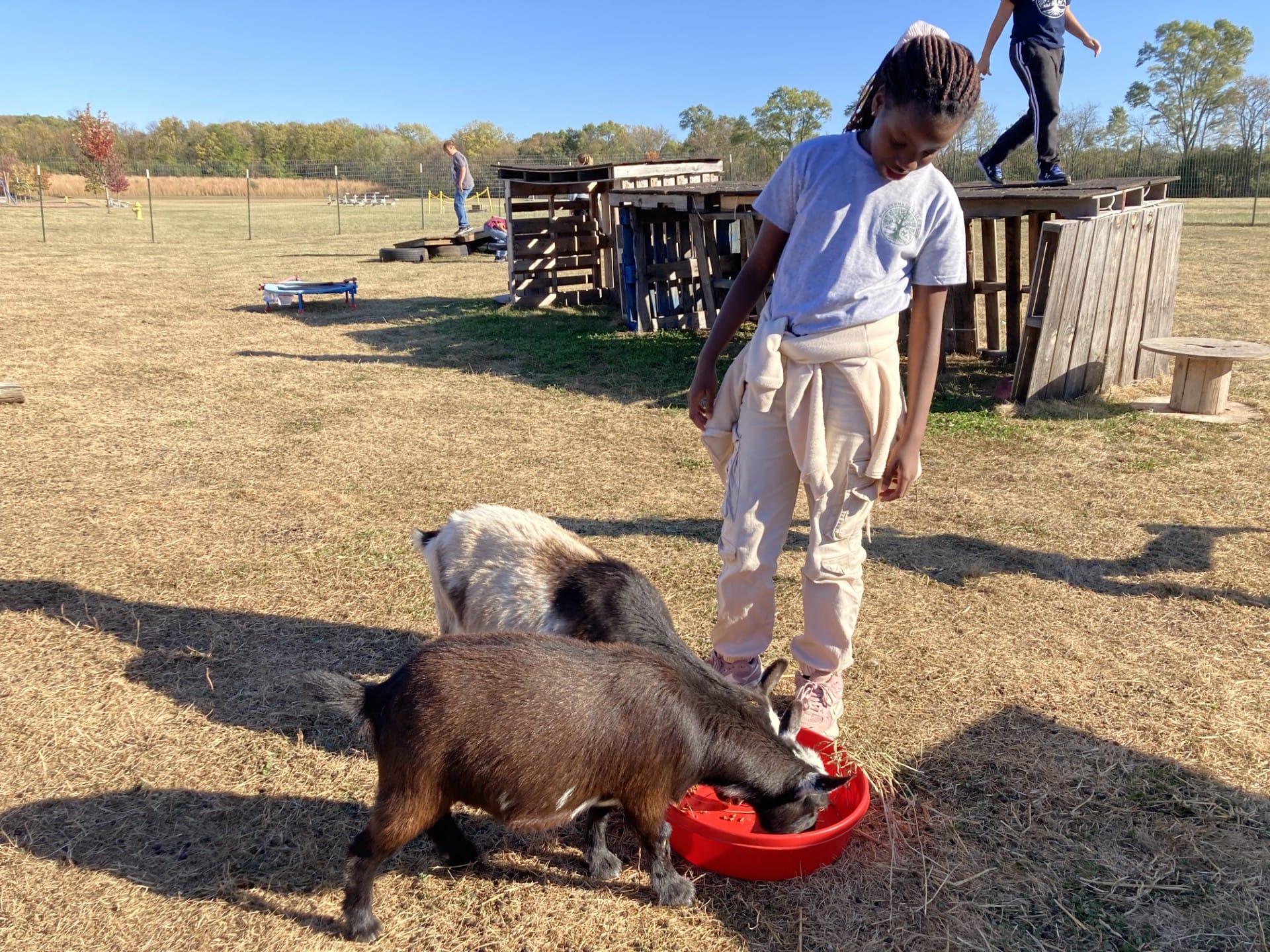
From August through October, fresh vegetables and duck eggs are available on Farmstead Friday, in the school entry-way. Visitors are welcome to stop by and pick up some of the produce. Shoppers can pick what they need and donate if they would like. A donation jar is available.
Come early spring, students will be learning the process of making maple syrup. They will be tapping the trees, boiling the syrup and bottling the finished product.
